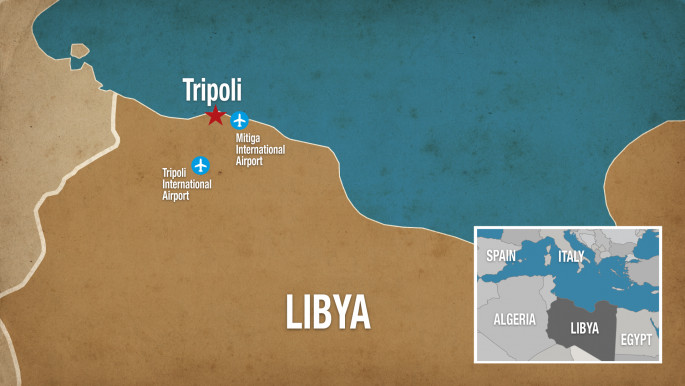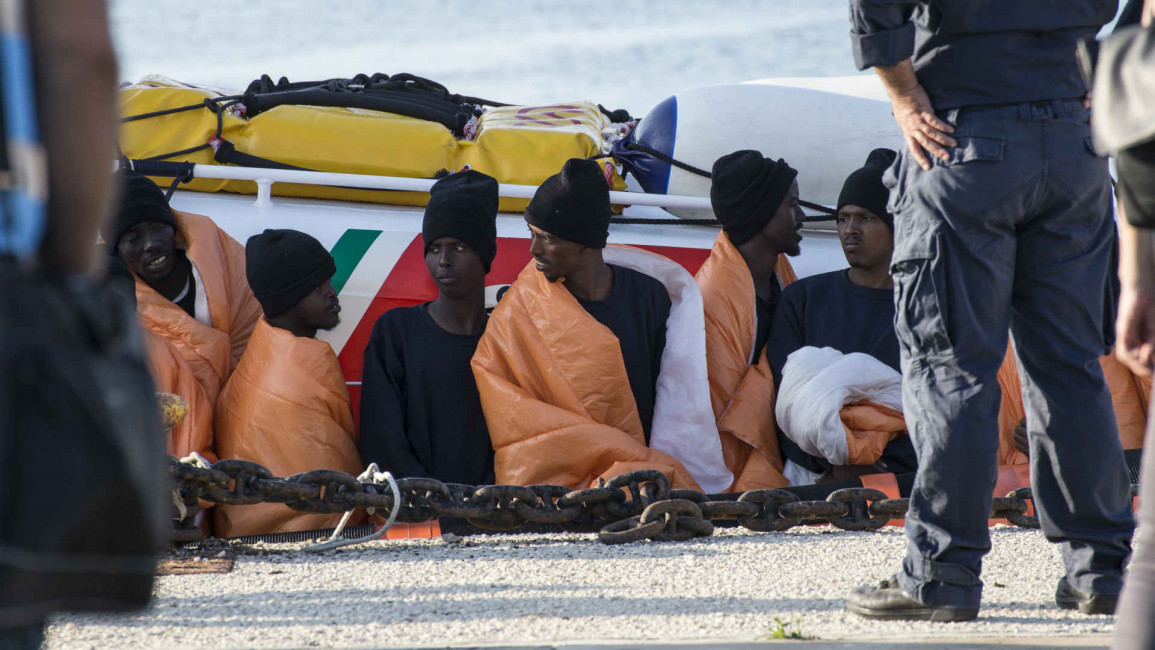France drops plan to send boats to Libyan navy under NGO pressure
under NGO pressure
French officials confirmed they had cancelled the delivery after eight NGOs filed a lawsuit against the move, criticising Libya's treatment of migrants.
Lola Schulmann of Amnesty France - one of the NGOs involved in the case - told AFP she hoped the decision would mark "a turning point in relations between France and Libya in terms of migration policy".
Defence Minister Florence Parly had announced in February that France would provide semi-rigid inflatable Sillinger crafts to help Libya's unity government consolidate its control of the war-torn country.
But rights groups assailed the plan, accusing Libyan officials of routinely picking up migrants in the Mediterranean and bringing them back to overcrowded detention centres, where many have been victims of abuse and forced labour.
"This transfer was initially planned to help Libya, but the ministry has decided not to deliver the vessels to this state," the army ministry wrote on 26 November to the administrative appeals court in Paris.
"The situation in Libya does not permit the offer of these boats," a ministry source who requested anonymity confirmed to AFP.
 |
The rights groups, which also included Doctors Without Borders (MSF), praised the cancellation of an offer they said would have made France "complicit in the crimes committed against migrants and refugees in Libya".
Libya, wracked by conflict since the 2011 uprising against Muammar Gaddafi, has become a major transit route for migrants from sub-Saharan Africa and elsewhere hoping to reach Europe.
Detention facilities for "rescued" migrants in Libya are often overcrowded, and where a lack of regulation means people face torture, sexual abuse and forced labour.
NGOs have long campaigned against EU countries' support for Libya's coast guard, arguing that they it facilitates migrant interception operations which forces the return of those trying to escape war-torn Libya.
Their situation further deteriorated after fighting broke out south of Tripoli in April, with forces loyal to eastern-based strongman Khalifa Haftar attempting to seize the capital from Libya's unity government.
The battle has killed more than 1,000 people and displaced 120,000, according to the United Nations.
At least 53 people were killed in an airstrike on a migrant detention centre by Haftar-affiliated forces in July, in what the UN-backed government called a "premeditated" and "precise" attack.
Comment: By blocking them and punishing those who aid them, Europe is drowning in migrants' blood
Some 40,000 refugees and asylum seekers also live outside detention centres in urban areas in Libya, according to the United Nations refugee agency (UNHCR).
In 2017, the unity government, which is battling forces loyal to military strongman Khalifa Haftar, signed a controversial deal with Italy to intercept migrant vessels before they reach international waters.
Follow us on Twitter and Instagram to stay connected



